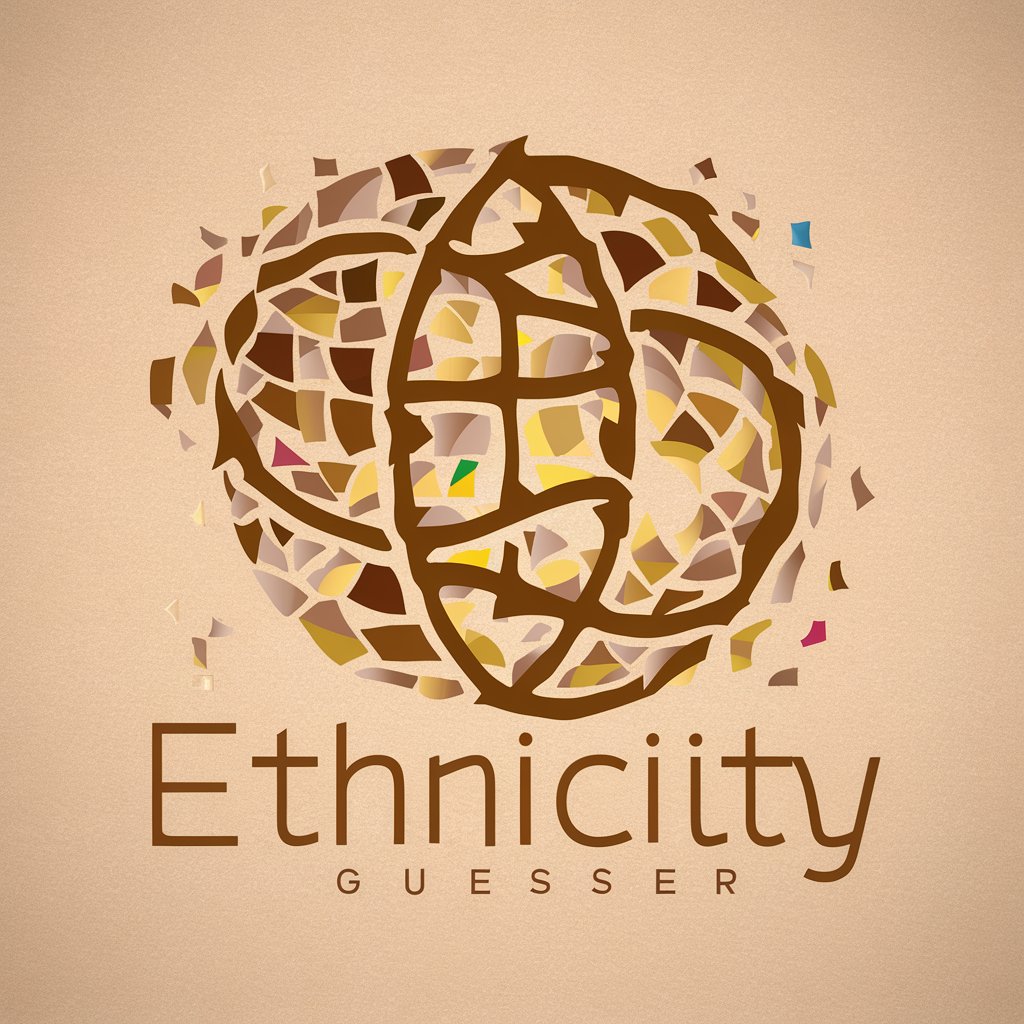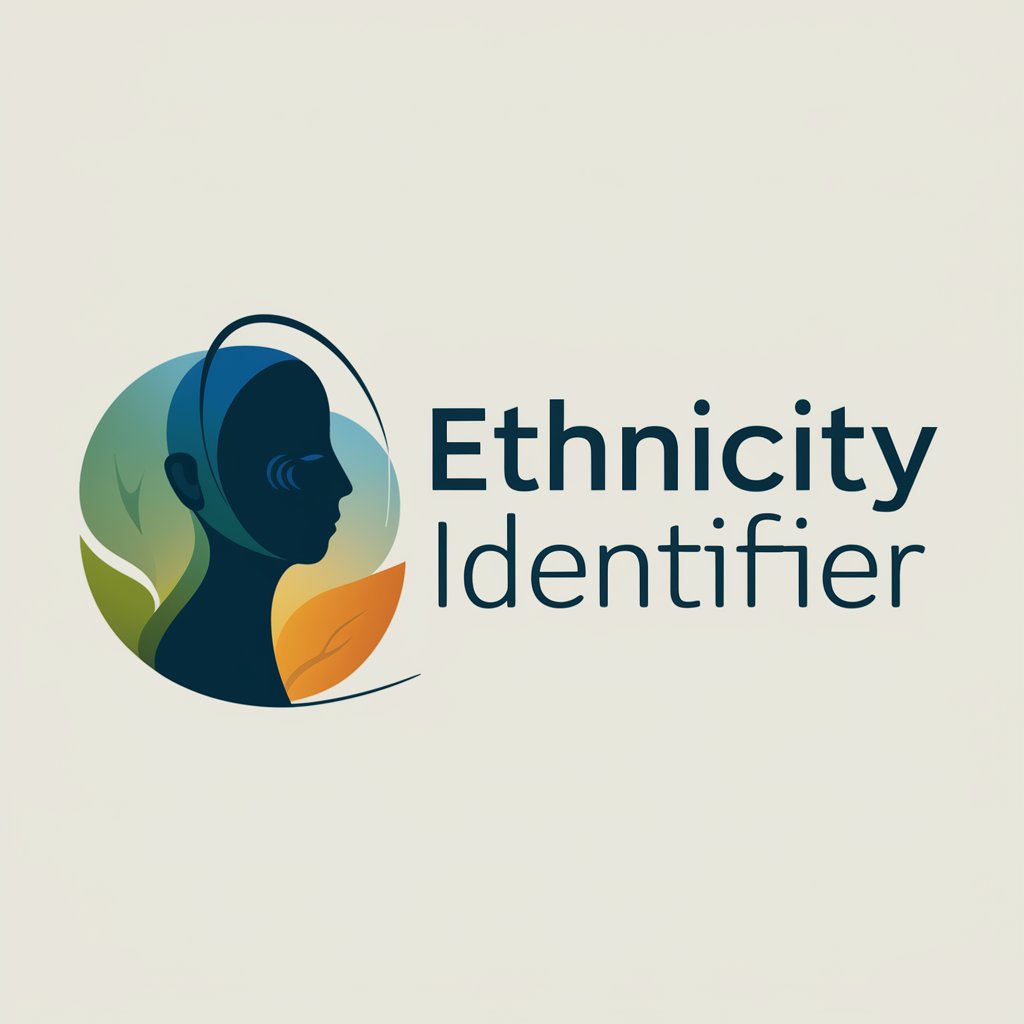Can a machine truly decipher the intricate tapestry of human identity, predicting a person's nationality with unwavering accuracy? The advent of "nationality guesser AI" throws this very question into sharp relief, promising a glimpse into the future of data-driven profiling, but also raising profound ethical considerations about privacy, bias, and the very definition of belonging.
The concept, at its core, is deceptively simple. Algorithms are trained on vast datasets of informationnames, languages spoken, geographical locations, online activity, and moreto identify patterns and correlations that can predict an individual's nationality. These systems vary in their sophistication, some employing machine learning models that analyze text and image data, while others rely on simpler rule-based systems. Their applications span a wide spectrum, from customer segmentation in marketing and fraud detection in financial services to immigration screening and even, potentially, in national security contexts. The allure is clear: the ability to rapidly categorize and understand populations, to personalize experiences, and to mitigate risk. However, the practical implications are fraught with complexities and potential pitfalls.
The "nationality guesser AI" faces immediate challenges. The quality of its data is paramount. Biased datasets, reflecting pre-existing societal prejudices, can lead to inaccurate and discriminatory results. For instance, if a dataset disproportionately associates certain names with specific nationalities based on historical stereotypes, the AI will likely perpetuate those biases, reinforcing unfair assumptions. Moreover, the very concept of "nationality" is itself complex and multifaceted. Individuals may hold dual citizenship, live in countries different from their birthplaces, or identify with multiple cultural affiliations. A rigid algorithm may struggle to capture the nuances of these lived experiences. This is a reality often lost in the cold logic of algorithms, the human element often deemed irrelevant in the pursuit of efficiency and predictability. What may seem like an objective calculation can easily, and often subtly, erode the individual's sense of self and belonging, particularly when such calculations are presented as authoritative truths.
Consider the practical implications of the tool in the realm of marketing. Companies can use such tools to target advertising with laser-like precision, offering products and services that are tailored to perceived cultural preferences. While this could improve the customer experience, it could also lead to the creation of filter bubbles, where users are only exposed to information and products that align with their supposed national identity. The long-term effects on cultural understanding and diversity remain to be fully explored. The temptation to exploit these technologies for manipulative purposes is ever-present, creating a climate of suspicion and the potential for the erosion of trust. The data, harvested without consent and often used without transparency, can leave individuals feeling powerless.
The evolution of "nationality guesser AI" parallels, and often reinforces, broader trends in the tech industry. There's a persistent drive to extract data, to create profiles, to categorize and classify individuals. This can lead to a situation where humans are viewed not as individuals, but as data points, easily manipulated and controlled. The ethical considerations are clear. If we allow AI to make judgments about our identities based on incomplete or biased data, we risk perpetuating discrimination and eroding the very foundations of a just and equitable society. This raises questions about the responsibility of developers, the need for regulatory oversight, and the importance of fostering public awareness about the potential consequences of these technologies.
Take the example of facial recognition technology, which has also seen remarkable development in recent years. This technology, often coupled with nationality guesser AI, can further refine profiling capabilities. The algorithms analyze facial features, which some argue are correlated to ethnicity and, by extension, nationality. This intersection of technologies presents severe risks, especially in contexts like border control and law enforcement. It has the potential to create discriminatory targeting practices, where individuals are subjected to increased scrutiny based on their perceived nationality. The margin for error is also alarming. The impact of incorrect identification can lead to wrongful arrests, denial of services, and other serious consequences.
The debate about "nationality guesser AI" is not merely about the technical capabilities of these algorithms. It's a conversation about the values we want to uphold as a society. Should we prioritize efficiency and profit, or should we prioritize human dignity and privacy? The answers to these questions will shape the future of this technology and, in turn, the future of our societies.
The legal landscape surrounding this area is also evolving. Data protection regulations, such as the General Data Protection Regulation (GDPR) in Europe, offer some safeguards, but they may not be enough to fully address the challenges posed by nationality guesser AI. The rapid pace of technological advancement often outstrips the ability of lawmakers to create effective regulations. Furthermore, the global nature of the internet makes it difficult to enforce regulations effectively. The companies developing and deploying these technologies often operate across borders, making it harder to hold them accountable.
The issue of transparency also looms large. Many of these algorithms are proprietary, and their inner workings are often hidden from public scrutiny. This lack of transparency makes it difficult to assess the accuracy and fairness of the systems and to identify potential biases. Without the ability to understand how these algorithms work, its difficult to identify when the data has been improperly used, and even more difficult to hold the perpetrators accountable. Transparency is not just about ensuring accountability; it's about fostering trust and empowering individuals to protect their rights. If we are going to allow technology to make decisions about our lives, we must ensure we have the tools to understand and control that technology. This includes not only the availability of data but also the accessibility of expertise to analyze and interpret that data. Otherwise, we become passive participants in our own categorization and potential marginalization.
The role of the media in shaping public understanding of these technologies is also critical. Accurate, balanced reporting is essential to inform public debate and hold the developers and users of these technologies accountable. Media coverage can help to expose potential biases and inaccuracies in the algorithms and raise awareness about the ethical and societal implications. However, the media also faces its own challenges. The complexities of AI can be difficult for the public to grasp. Furthermore, there is a tendency to sensationalize the potential of AI while downplaying its limitations and risks. Responsible journalism, which emphasizes factual reporting, contextual analysis, and a commitment to public interest, is essential to providing a balanced picture of these technologies.
Moreover, there's the question of how these systems will affect the very notion of national identity. As globalization continues to accelerate, and as people increasingly move across borders and interact with different cultures, the concept of a fixed national identity is becoming increasingly fluid. "Nationality guesser AI," by its very nature, may contribute to the hardening of national identities, potentially creating a situation where individuals are judged by a set of narrowly defined characteristics. This could also have a detrimental effect on the evolution of multiculturalism and global citizenship. The human experience is not easily constrained. Attempts to force it into predefined categories, based on historical biases or limited data points, are likely to fail and to cause unnecessary social friction.
Finally, the ethical implications extend beyond issues of privacy, bias, and discrimination. The use of "nationality guesser AI" raises questions about the distribution of power and the potential for surveillance. The ability to track and categorize individuals based on their nationality could be used for political purposes, such as suppressing dissent or targeting specific groups. This is particularly concerning in countries with authoritarian regimes or histories of discrimination. The promise of a more efficient and secure world is often used to justify these technologies. However, the potential risks to freedom and democracy need careful consideration.
As we continue to integrate AI into our lives, we must ensure that these technologies are developed and used responsibly. This requires collaboration between technologists, policymakers, ethicists, and the public. It requires a commitment to transparency, accountability, and fairness. It requires a willingness to question the assumptions underlying these technologies and to consider their potential consequences. The future of "nationality guesser AI" and its place in our society is not predetermined. It is a choice we must make collectively, and it is a choice that will determine the kind of world we want to live in.
The ongoing debate surrounding "nationality guesser AI" is a stark reminder that technological advancements are not inherently neutral. They are shaped by the values of those who create them and those who use them. The future of this technology, and indeed the future of our societies, hinges on our ability to navigate the ethical complexities, to promote transparency, and to champion human dignity. It's not simply a question of how well a machine can guess a person's nationality; it's a question of how we define what it means to be human.



Detail Author:
- Name : Mr. Savion Wintheiser
- Email : leif.heidenreich@hotmail.com
- Birthdate : 1982-04-16
- Address : 43059 Sage Loaf East Margeberg, VA 40265
- Phone : +1.614.580.5615
- Company : Spencer, Quigley and Trantow
- Job : Civil Engineer
- Bio : Sit voluptas unde eos unde excepturi. Ut minima impedit repudiandae dolorem deleniti soluta sed. In et quae ad veniam est enim.